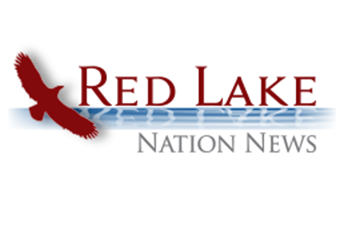
Red Lake Nation News
January 5, 2022
Denver, Colo.—January 4, 2022– Teachers are some of children’s first role models. However, according to the U.S. Department of Education, fewer than one percent of all people in the teaching profession in the United States are Native American, which is compounded by a lack of Native role model teachers serving in K-12 classrooms in rural areas and reservation-based schools. The American Indian College Fund is launching a two-and-a-half-year Native teacher education program at tribal colleges and universities serving Native communities across the country to support teacher recruitment, development, and retention. Funding for the program is provided by Margaret A. Cargill Philanthropies.
The program, called Wounspekiya Unspewicakiyapi, or teaching teachers, will increase the number of Native teachers working in Native communities while ensuring the continuity and sustainability of Indigenous knowledge and lifeways in Native students. Program graduates will go on to serve not just as teachers, but also as community advocates, role models, and culture-keepers in their communities, while prioritizing a Native world view with their students.
The reason for the Native teacher shortage is systemic. A range of barriers prevent Native students from pursuing a teaching career. They include poor perceptions of the value of teaching as a career; accessibility to and awareness of postsecondary education pathways; a need for financial assistance, college preparation, and career guidance support; and TCUs’ limited capacity to develop the next generation of teachers (including a lack of student teaching and college transfer opportunities to four-year degree and teaching certificate programs). Yet the development of a strong generation of Native teachers is what is needed to develop the talents and futures of Native children.
Read the full release at Red Lake Nation News.

